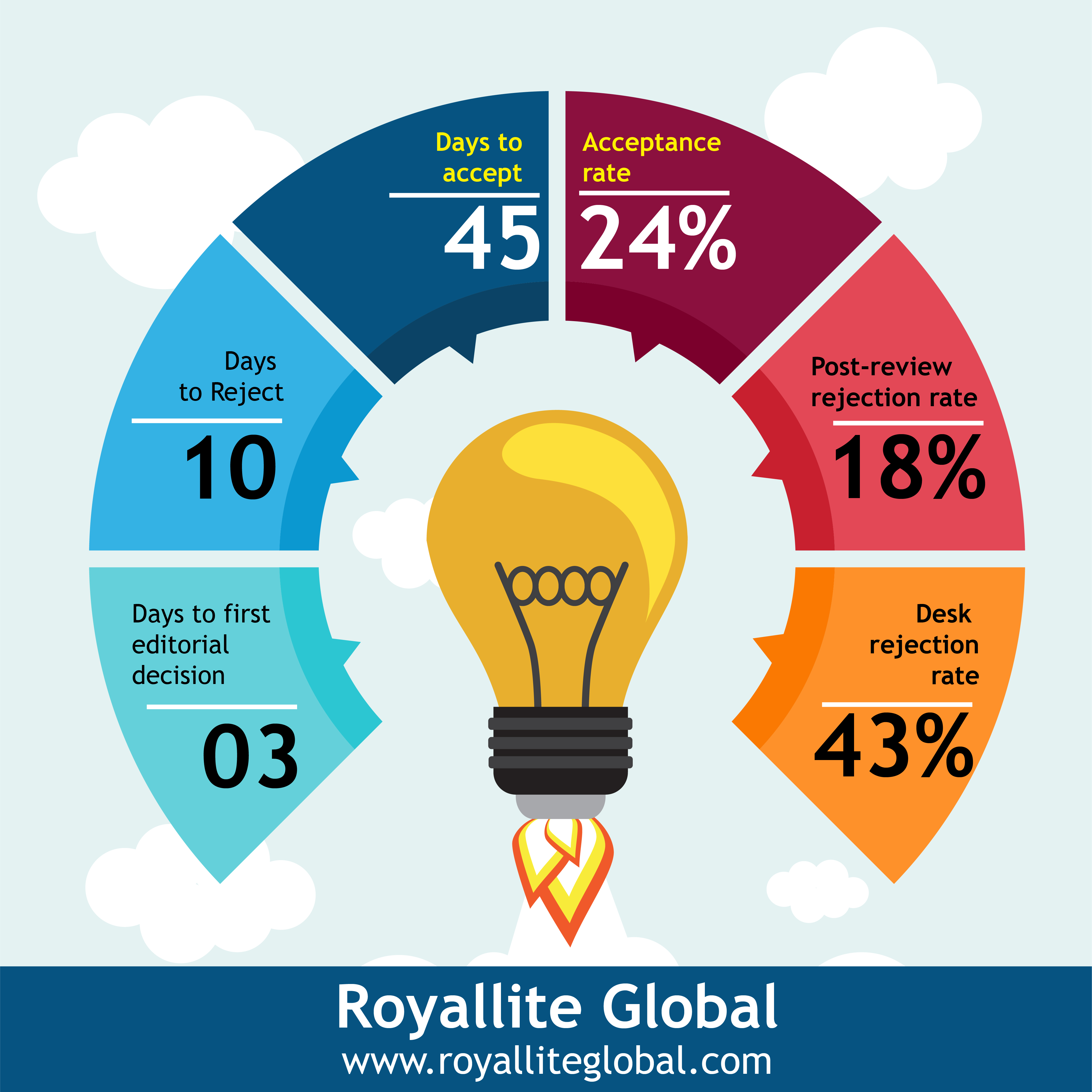Language and power relations in gendered discourse within EkeGusii: Implications on pedagogy in the Kenyan context
Keywords:
culture, gendered discourse, pedagogy, power relations, social construction, statutesAbstract
This paper presents a discussion of language and power relations between men and women in EkeGusii and makes consideration with regards to how EkeGusii has constructed men and women to use language differently. Data was collected through participatory observation as well as own intuition and document analysis. The social theory is used to analyse data. Social theory is fundamental in this paper because gendered discourse is a social rather than biological construction and that social theory analyses language in society and what language use means to its users. It is recommended that EkeGusii chinsoni (statutes) for language be aligned with the Kenya Constitution in order to guarantee equal linguistic rights to both men and women. There is need for the curriculum to consider the learner’s sociolinguistic culture in order to play mitigative role in enabling girls realise equity of participation in the classroom process since school is taking over the socialization of an individual.
References
Akama, J. S., & Maxon, R. (2006). Ethnography of theGusii of Western Kenya: A Vanishing Cultural Heritage.New York:The Edwin Mellen Press.
Choti, P. (1998). Language and Hierarchy: The Linguistic Portrayal of the Gusii Woman. Unpublished M. A. Thesis. Egerton University.
Holmes, J. (1992). An Introduction to Language Sociolinguistics: New York: Longman
Gilbert, (1993).Two Careers/One Family: The Promise of Gender Quality. Newbury Park, C/A: Sage.
Obwoge, B. (2014). A Lexico-Semantic Analysis of EkeGusii Circumcision Social Varieties. M. A Dissertation. University of South Africa
Ogechi, N. O. (2003). On Language Rights in Kenya:Nordic Journal of African Studies, 12(3),
-295)
Onchoke, S. (2018). A Cognitive Linguistics Study of EkeGusii Onomastics:The Case of Metaphor. The Journal of Linguistic and Literature Studies, 6(8), 88-98.
Trudgil, P. (1973). Sociolinguistics: An Introduction to Language and Society. London.
UNESCO (1953).The use of Vernacular in Education.UNESCO Monographs on Fundamentals
of Education.No.8.Paris.UNESCO.
Vareness,Fernand de (2001). Language Rights as an Integral Part of Human Rights. MOST Journal on Multicultural Societies,3,1.
Wardhaugh, R. (1986). An Introduction to Sociolinguistics. New York: MacGraw.
Downloads
Published
Issue
Section
License
Copyright (c) 2021 Beatrice Kemunto C. Obwoge

This work is licensed under a Creative Commons Attribution-NonCommercial-ShareAlike 4.0 International License.
This open-access article is distributed under a Creative Commons Attribution (CC-BY) 4.0 license.
You are free to: Share — copy and redistribute the material in any medium or format. Adapt — remix, transform, and build upon the material for any purpose, even commercially. The licensor cannot revoke these freedoms as long as you follow the license terms.
Under the following terms: Attribution — You must give appropriate credit, provide a link to the license, and indicate if changes were made. You may do so in any reasonable manner, but not in any way that suggests the licensor endorses you or your use.
No additional restrictions You may not apply legal terms or technological measures that legally restrict others from doing anything the license permits.






